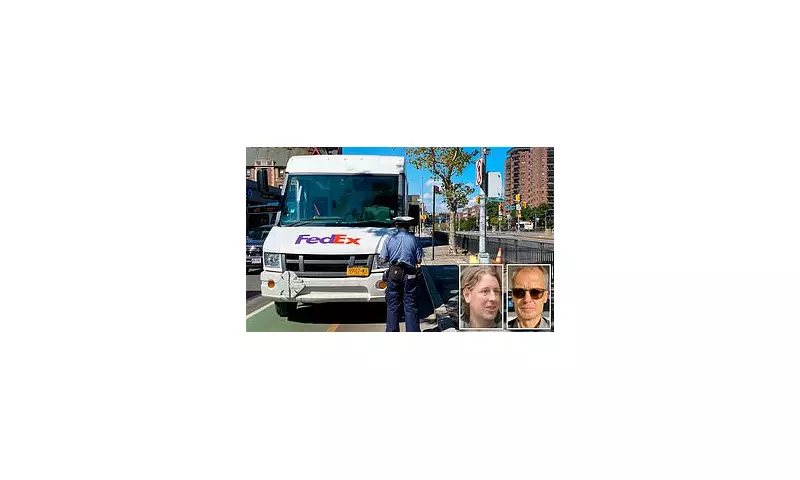
In the concrete jungle of New York City, an unexpected gold rush is underway—and it doesn't involve Wall Street or real estate. Ordinary citizens are turning environmental activism into a lucrative side hustle by reporting idling commercial vehicles to authorities.
The Bounty Hunters of Broadway
A little-known provision in New York's environmental laws allows private citizens to file lawsuits against truck and bus companies whose vehicles idle for more than three minutes near schools. The rewards can be staggering, with successful claimants receiving 25% of the resulting fines—potentially thousands of dollars per violation.
How the System Works
The process has created a new breed of urban environmentalists who document violations with military precision:
- Armed with smartphones and stopwatches, they patrol near schools during drop-off and pick-up times
- They capture video evidence showing license plates and timestamps
- Legal firms then help process the claims, taking a portion of the eventual payout
- Successful reports can yield between $750-$22,500 per violation
Environmental Win or Legal Loophole?
Proponents argue the scheme dramatically improves air quality around schools and holds commercial operators accountable. "This is about protecting children's health," says one regular reporter. "The financial incentive just makes it sustainable for people to invest their time."
However, critics describe it as "legalised bounty hunting" that creates an adversarial relationship between residents and delivery drivers. Trucking companies complain they're being targeted by opportunistic citizens looking for easy money rather than genuine environmental concerns.
The Bigger Picture
New York City has some of the worst air quality in the United States, with vehicle emissions being a significant contributor. The idling law represents one of the more creative approaches to tackling urban pollution, though questions remain about whether financial incentives are the most effective long-term solution.
As other cities watch New York's experiment unfold, the debate continues: is this innovative environmental policy or a system ripe for abuse? For now, the whistleblowers keep watching, stopwatches in hand, transforming the city's soundscape one ticket at a time.





